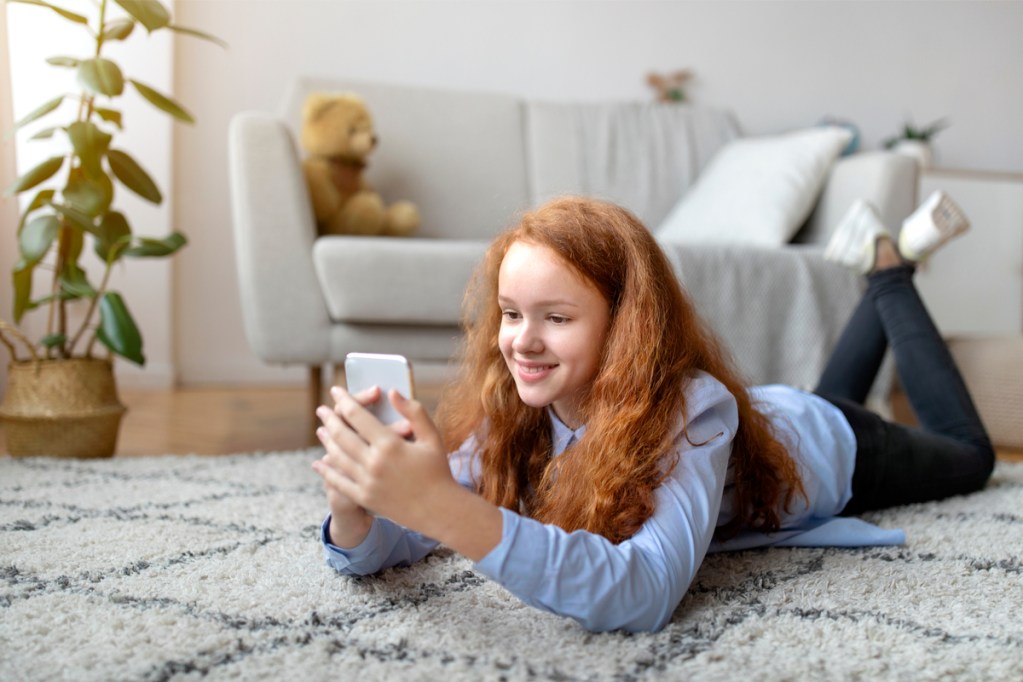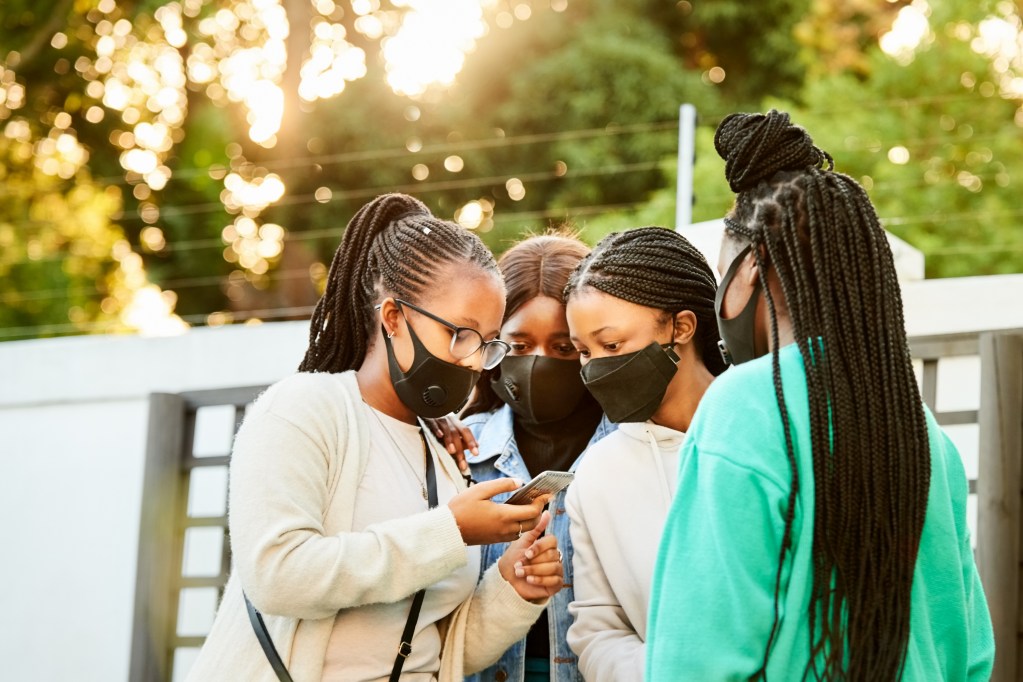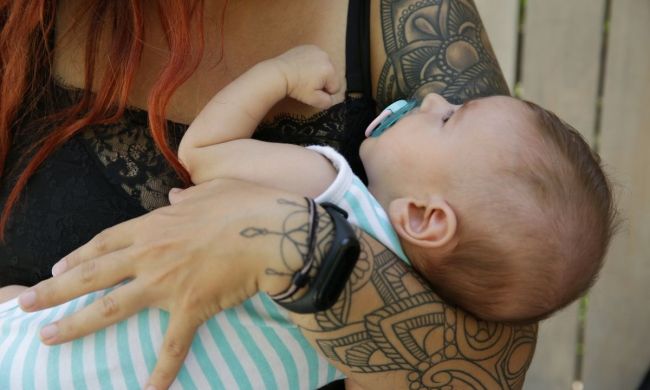Social media seems to be a major part of the teenage years. Getting an electronic device and downloading social media apps appear to be a major rite of passage once your child is old enough to open an account and set up a profile. While this seems like the norm, you might ask yourself how social media affects relationships in your teen’s life and how safe your teen is going to be in the online environment. Read on for more information about the pros and cons of social media use and how you can help your teen to navigate through this whole new world.
How social media affects your teen’s mental health

A review published in Adolescent Research Review showed the correlation between teens’ social media usage and their overall well-being depends on a vast gamut of factors, thus proving how complicated the relationship is between adolescents and social media.
As with most activities that teens participate in, social media has its pros and cons.
One advantage of social media involved the freedom of expression and the space to develop one’s identity — two factors that go hand in hand with the adolescent years. In fact, in the studies mentioned, the participants also used social media as a vehicle for expressing their opinions about their favorite causes, politics, and other topics.
Also, for some individuals, social media offered a different way to socialize for teens who were introverted. On a social media platform, a teen can engage with others when face-to-face conversations might be difficult.
Conversely, teens also come across the negative aspects of social media, and for some, these features can have a bad impact on their emotions and self-esteem. For instance, some teens worry about FOMO, or the “fear of missing out,” which leads to feelings of paranoia and isolation.
Then, there’s also the risk of cyberbullying. In both these instances, a periodic check-in on your teen’s social media accounts can help catch a problem before it gets worse. Cyberbullying and any form of harassment or intimidation can be reported to law enforcement as well as to the social media company for a violation of its terms and conditions.
How social media affects family relationships

For many teens, social media offers a way to stay in touch with relatives and stay current with any important family events. Likewise, this connection with family also provides another layer of protection for teens who frequently use social media. For instance, if your child posts something that receives negative and potentially harmful feedback — and you’re not aware of it just yet — a relative who comes across the post can give you a heads-up.
Likewise, when looking specifically at how social media affects relationships, you might consider the amount of time your teens spend on their devices. If their social media usage gets in the way of interacting with everyone at home, then you might need to set some limits on screen time. For example, you can prohibit their phone during meals, or you can set an alarm that reminds your teen that it’s time to log off. Starting these practices early on can protect a teen’s well-being and his or her relationship with the family.
How social media affects friendships

When looking at how social media affects relationships, you can see both a positive and negative impact on friendships and interactions with peers. With a healthy balance between social media use and in-person contact, teens can thrive. For example, if a friend moves to another city, your teen can more easily keep in touch with this person. Likewise, friendships have formed over distance and on social media as well. Plus, it’s quite common for study groups, schools, and teen organizations to post information on a social media platform to notify members of upcoming meetings and events. All in all, social media has proven to be an effective means of mass communication.
However, going back to the frequency of usage, one downfall involves spending too much time logged in and not enough time nurturing the actual in-person relationships. Therefore, it’s helpful to remind your teen to get out and meet up with friends more often as opposed to staying on social media.
Basically, vigilance is key to determining how social media affects relationships. Keeping an eye on your teen’s behavior and social media use will help you to catch any potential issues. Plus, you know your teen’s personality and any potential triggers, so communicating with your youngster about which platforms to utilize and which ones to avoid also goes a long way. You can also help your teen to customize the newsfeed and notifications both on the site itself and on the app. Taking these measures will help ensure that your teen gains more of the advantages and fewer of the drawbacks of careful social media use.



